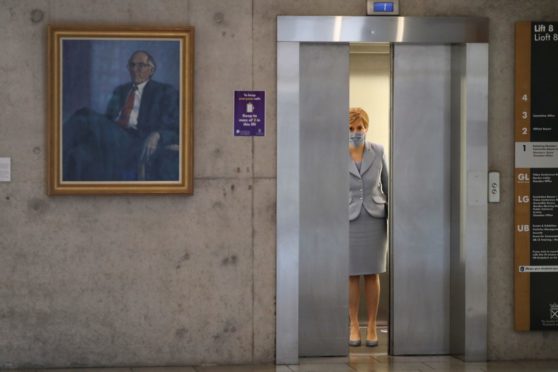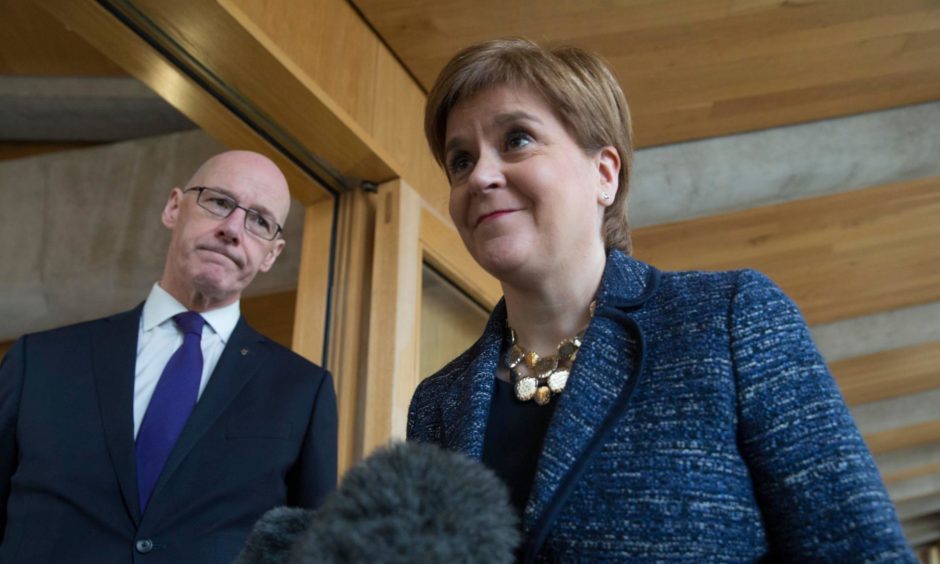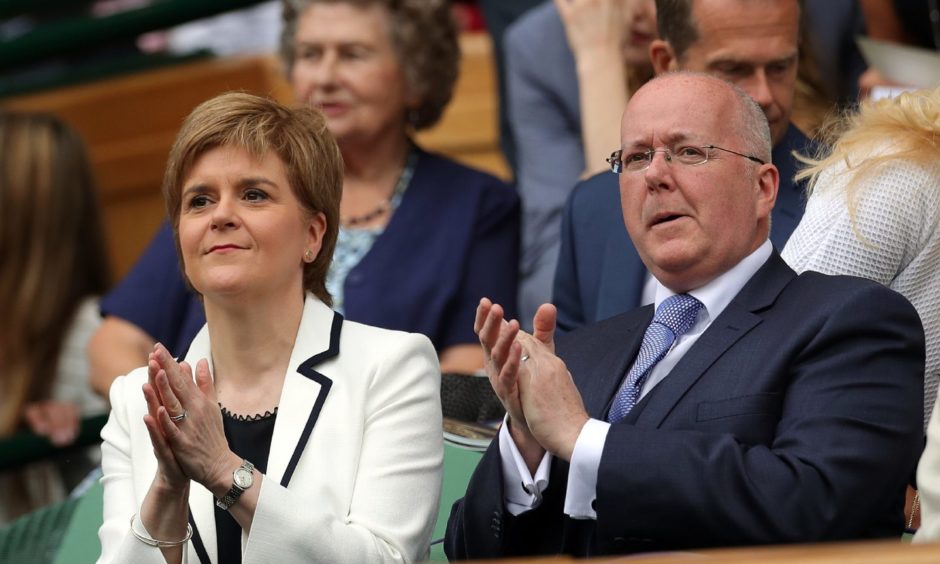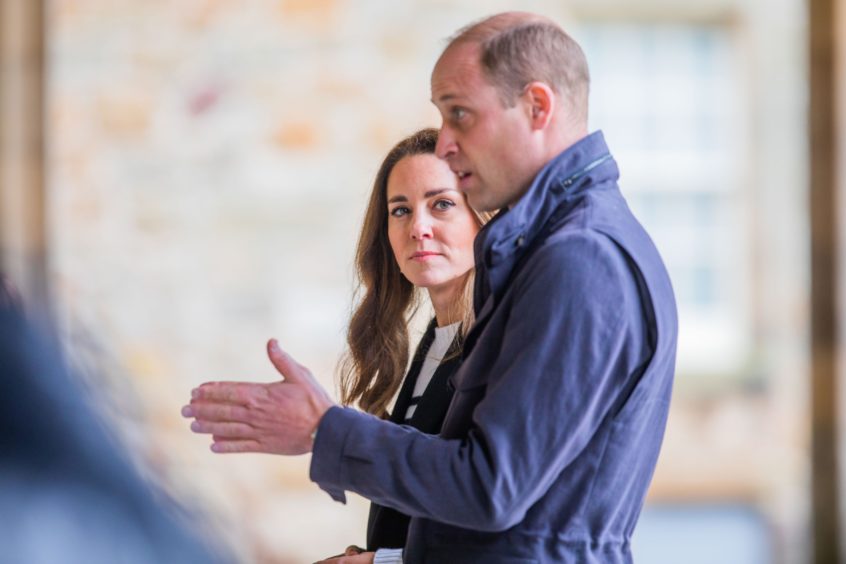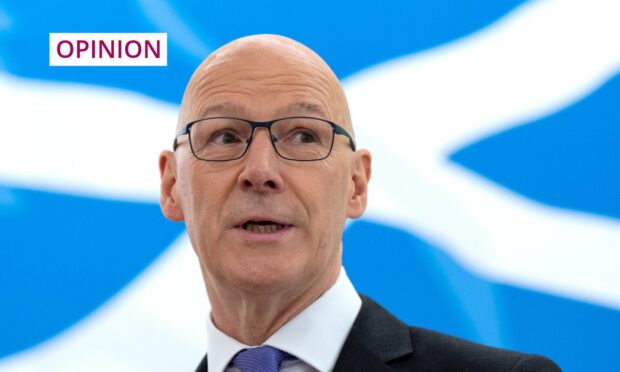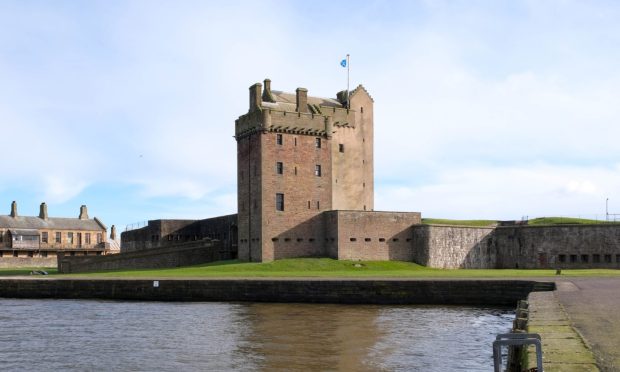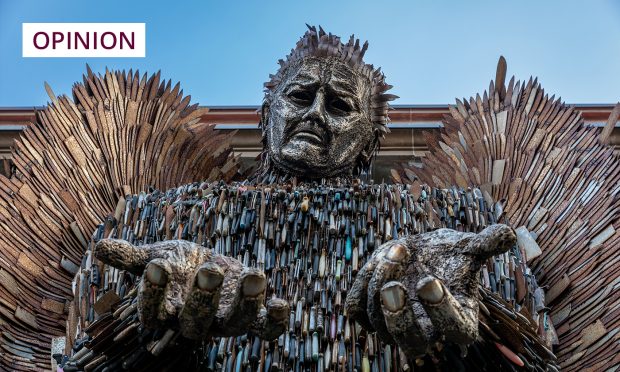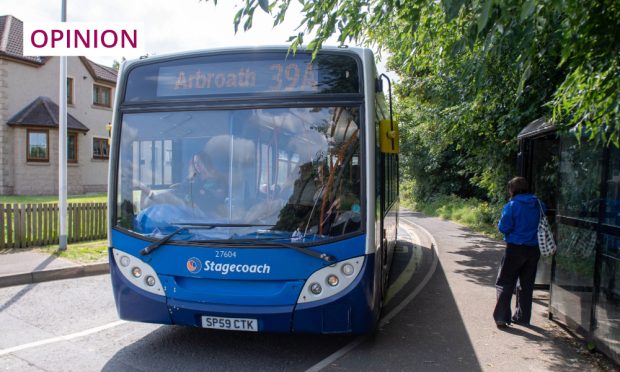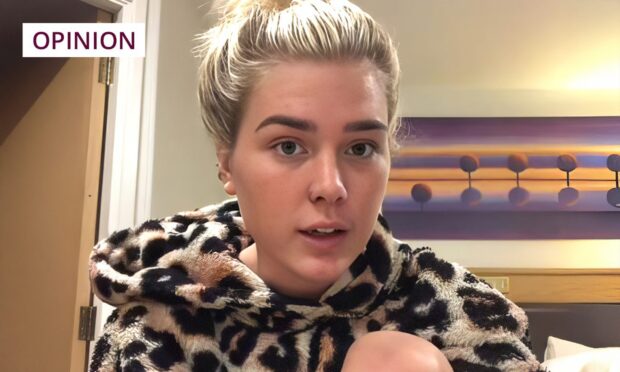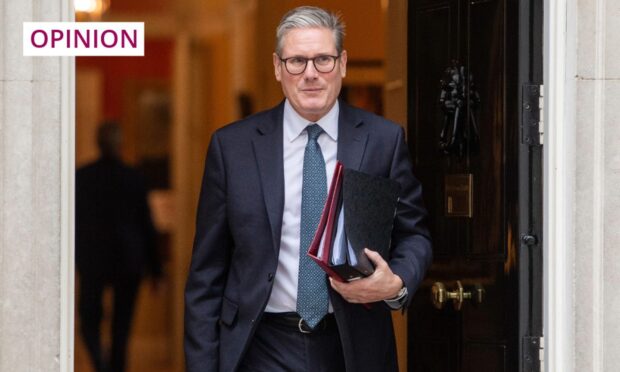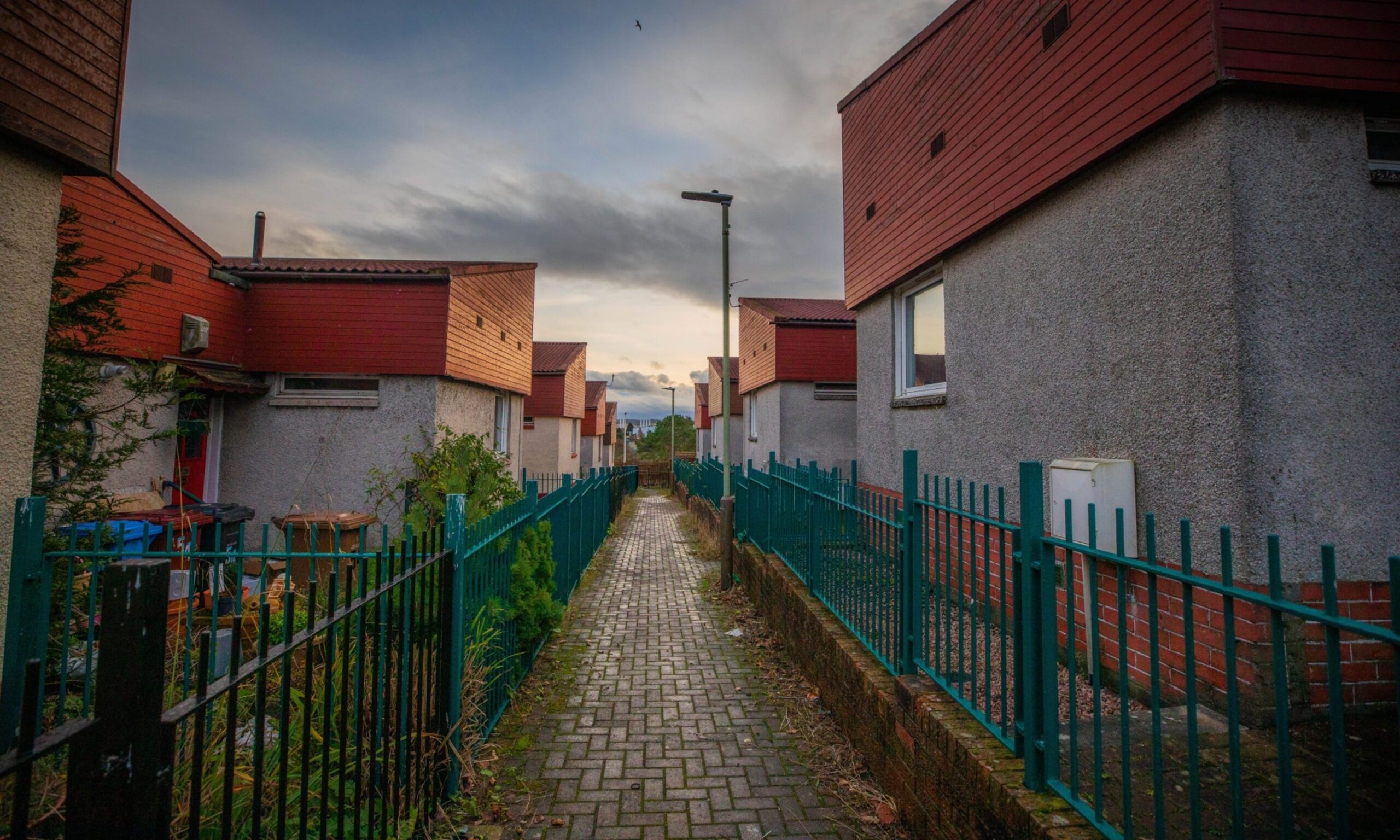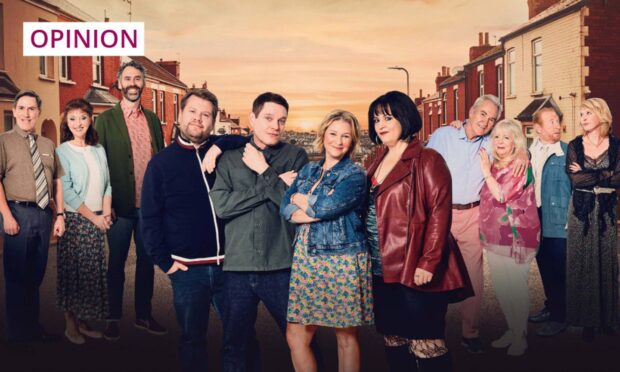If I was an SNP activist I would be demanding an explanation from the party hierarchy about what it has done with £600,000 of campaign finances.
The money, raised by Yes supporters as an independence fighting fund, appears to have vanished and questions as to its whereabouts lead down a blind alley of increasing murkiness.
To date, the disappearance of the cash – which was supposed to be ringfenced for a second referendum – has triggered the resignation of five members of the SNP’s National Executive Committee (NEC).
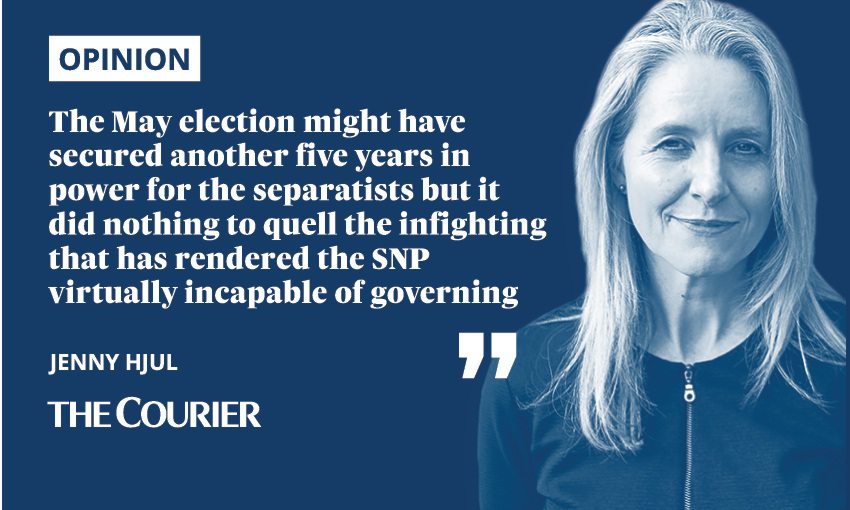
The latest to walk out was MP Joanna Cherry who said on Monday she was resigning her role over issues of transparency.
Two days earlier, the party’s treasurer, MP Douglas Chapman, stood down, also citing a lack of financial transparency, saying he did not have enough information to do his job.
And three months ago, three members of the NEC’s finance and audit committee quit over – you guessed it – a lack of transparency around party finances.
I’ve resigned from the NEC of @theSNP. A number of factors have prevented me from fulfilling the mandate party members gave me to improve transparency & scrutiny & to uphold the party’s constitution. I won’t be making any further comment at this stage.
— Joanna Cherry QC (@joannaccherry) May 31, 2021
At the time, the finger of blame was pointed at Peter Murrell, SNP chief executive and husband of Nicola Sturgeon, with accusations that he refused to provide access to accounts.
Since then, there have been claims of a police probe into the matter, but even this is shrouded in secrecy, with John Swinney, the Deputy First Minister, denying on Sunday that there was an investigation.
It should also be noted that the former Nationalist MSP Marco Biagi has abruptly resigned as head of the new Indyref 2 task force, labelling it ‘the worst job ever’.
So, where is the £600,000? If it is safe and sound in SNP coffers then it would surely be possible to produce it in the party’s published accounts and quash further damaging speculation.
But the fact that the books have not been open to public scrutiny suggests that party leaders do indeed have something to hide.
The furtiveness also reflects the incredible arrogance of those at the top, who clearly do not feel they need be accountable to the rank-and-file membership.
Power couple or clique?
What is not so secret is that the SNP is run by a clique – perhaps as tiny as the Murrell/Sturgeon household. This much was evident during the Salmond harassment inquiry in March.
To anyone outside the Nationalist inner circle – which is most of the population of Scotland – it was extraordinary how both Sturgeon and Murrell deployed memory lapses in the course of those hearings to cloud the goings on at the heart of the party, and government.
They pulled it off though and both remain in position, him as head of the party, and her, after a democratic election, as head of the country.
The fact that roughly half the electorate would vote for the Nationalists whoever was in charge has created a sense of invincibility in the upper echelons, but the latest NEC resignations threaten to blow apart the façade.
The bitter split within the SNP has been escalating since Salmond’s trial but exploded into full public view during the lengthy evidence sessions at the inquiry, which pitted the current and former First Ministers against each other.
Personal animosities aside, the party remains torn between those who want to push ahead with the independence agenda, by illegal means if necessary, and the current leadership, which has adopted a more cautious approach.
Divisions and departures
Cherry is in the former camp and, as an ally of Salmond’s, fell out of favour with the ruling cabal last year, when she was forced from her Commons role as justice spokesperson.
Now she is out of the NEC too. The timing may be coincidental but her departure came just as Salmond raised his head above the parapet again to remind the Yes grassroots that there is an alternative to Sturgeon’s constitutional strategy.
His complaint about Prince William’s meeting with former Labour PM Gordon Brown in Scotland last week provided an opportunity to talk up his Alba party, which flopped at the election but is nevertheless, according to Salmond, attracting a growing following.
The May election might have secured another five years in power for the separatists but it did nothing to quell the infighting that has rendered the SNP virtually incapable of governing.
Scotland faces an uphill struggle as it emerges from the pandemic and begins the monumental task of rebuilding business, stimulating economic growth and undoing the collateral damage of Covid, both to people’s health and wealth.
All focus must now be on the recovery, but this is unlikely to happen while ministers are distracted by internecine conflict within the Nationalist movement.
While the row about missing money is one for the SNP to sort out, it is in the whole of Scotland’s interests for the party to put its own house in order so it can focus on the day job of getting the country back on its feet.
